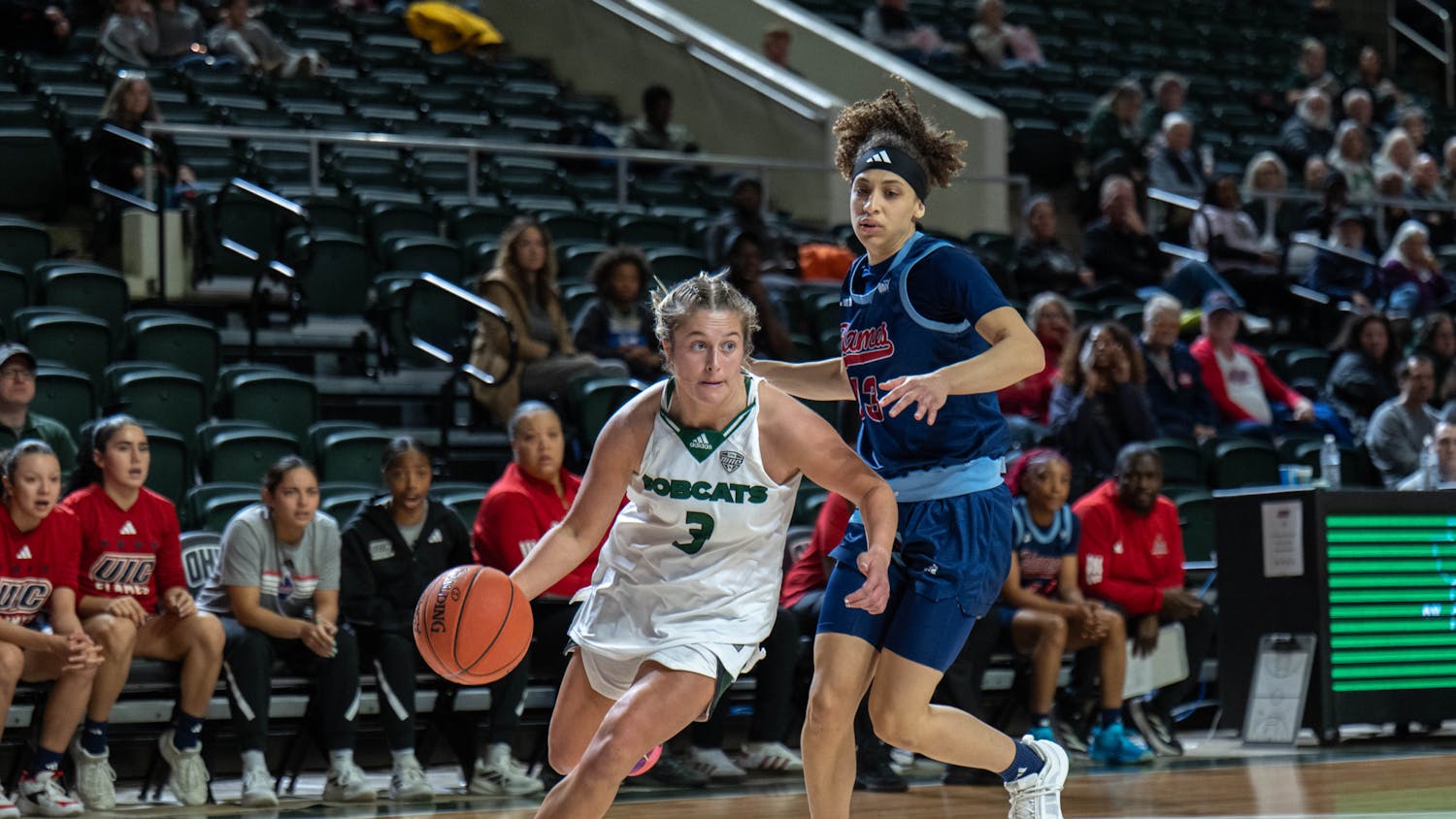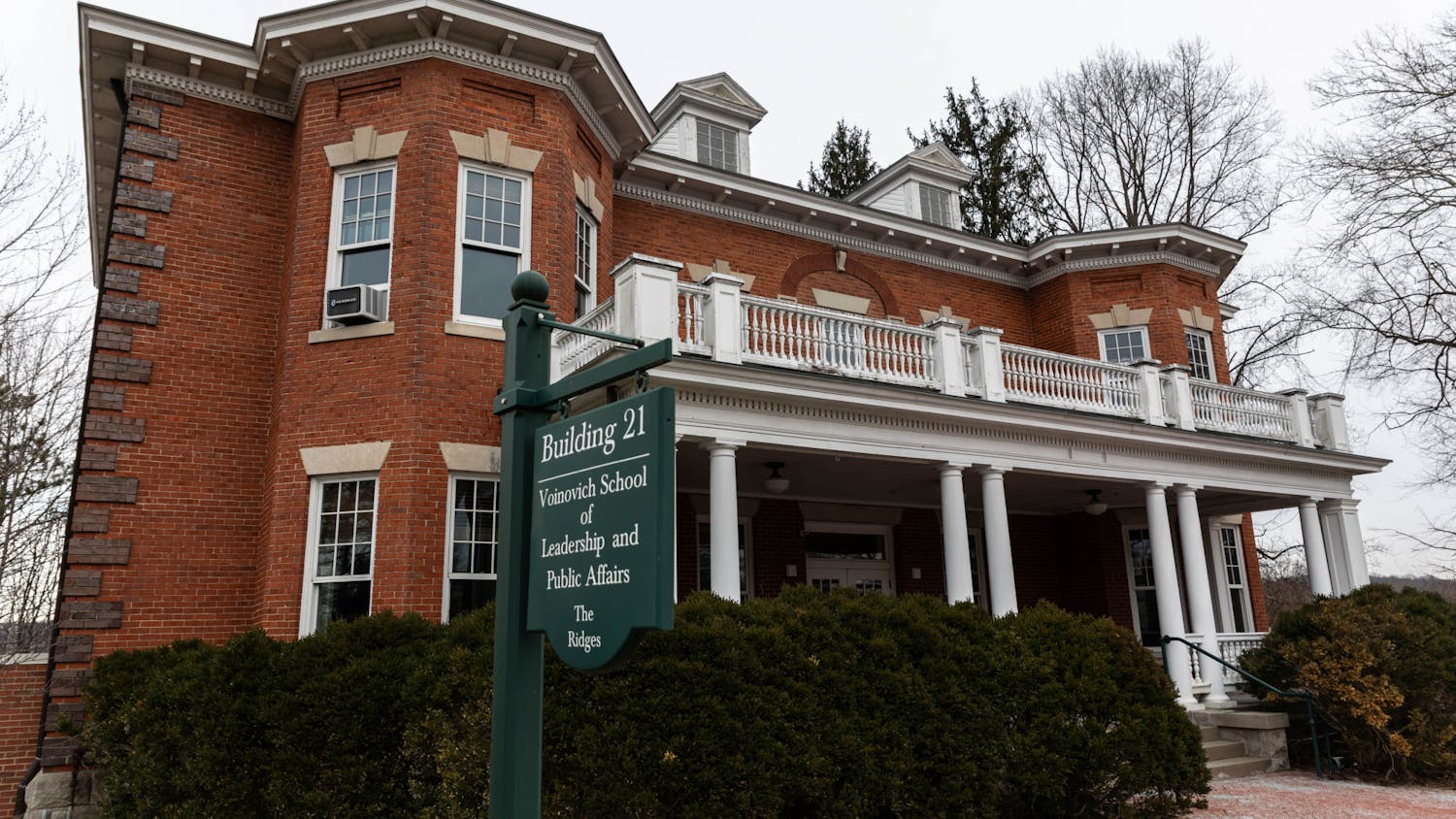While many of Lauren Murray’s classmates started their first day of college, she spent the day working for a photography company.
Lauren Murray was offered an “amazing” job with a photography company she interned at her senior year of high school so she decided to take a gap year and work as a photographer.
A gap year is defined as an “experiential semester or year on, typically taken between high school and college in order to deepen practical, professional, and personal awareness,” according to American Gap Association.
“(The photo company) took me on different editorials and photoshoots, and then I tried to do more photography for my own stuff, and some other companies brought me in as a photographer,” Murray, a freshman studying photojournalism, said.
Murray, who is from Chicago, Illinois, primarily worked for a photography studio and took wedding pictures, but she also worked for other studios.
To save money for college, she waitressed and worked part-time jobs.
“I actually got to go work with a company in (San Francisco),” Murray said. “They hosted a big event in Chicago, and I got to do all their campaigning, all their photos and stuff. … I got to meet The Killers. I got to work with all the Chicago sports teams.”
While she enjoyed her job and called her gap year “the best experience of (her) life,” it was difficult to take a gap year, Murray said.
“When you’re in high school, at least you get to see your friends, and when you take a gap year you have to stay at home and pretty much just work like an adult,” she said. “I felt like all my friends were having a blast and I felt so left out, like honestly it was kind of upsetting.”
Taking a gap year allowed Murray to figure out what she wanted to do in the future.
“I would suggest gap years to everyone because it gives you time off, but realistically, if you think you’re not gonna go back to school after a gap year I would not do it,” she said. “It’s a lot of effort to go from working in the real world back to school.”
Some colleges, including Harvard University and the University of North Carolina, encourage students to take a year off, according to Time.
The American Gap Association has seen enrollment in gap-year programs increased 27 percent between 2012 and 2013, according to U.S. News and World Report.
Erika Peyton, assistant director for Employer Relations and Marketing at the Career & Leadership Development Center, said students choose gap years for various reasons, all of which are specific to the individual.
“When considering a gap year, students should take advantage of the coaches at the Career and Leadership Development Center,” Peyton said in an email. “We can work one-on-one with students to evaluate the decision to take a gap year and help them develop a plan for using the time effectively.”
Lauren Farnsworth spent a year in Ecuador assisting her aunt and uncle, who are missionaries there. She helped homeschool her cousins and worked at the church they ran, she said.
“I decided in two weeks what probably should have been a few months’ decision,” Farnsworth, a freshman studying English, said. “I was going to spend the summer in Ecuador helping my aunt and uncle around the house, and then I was going to go to college. I had already been accepted and was already pretty eager to go. They misunderstood and thought I was going to help them homeschool for a year.”
While it was difficult for her to adjust, Farnsworth views her gap year as a positive experience.
“I would definitely say that I wouldn’t feel positive about it all the time,” Farnsworth said. “There were some nights I’d go up, fall in my bed, and say, ‘Why didn’t I just go to college, why did I come here where I feel like an idiot most of the time?’ ”
However, spending a year in Ecuador allowed Farnsworth to figure out her values.
“Feeling like an idiot most of the time was really humbling,” she said. “I also think it helped me figure out where I stood on a lot of things, how I agreed with what I had learned before, how I disagreed. It helped me see things in a different way.”
Transitioning to college was not difficult for Farnsworth.
“College was a lot easier to acclimate to than returning home,” Farnsworth said. “I think it was because, how culture shock works, you have the two month ‘honeymoon’ period and then it starts to actually hit home again. And just as I was starting to get homesick for the friends I made in Ecuador, I came to college, and I made new friends.”






